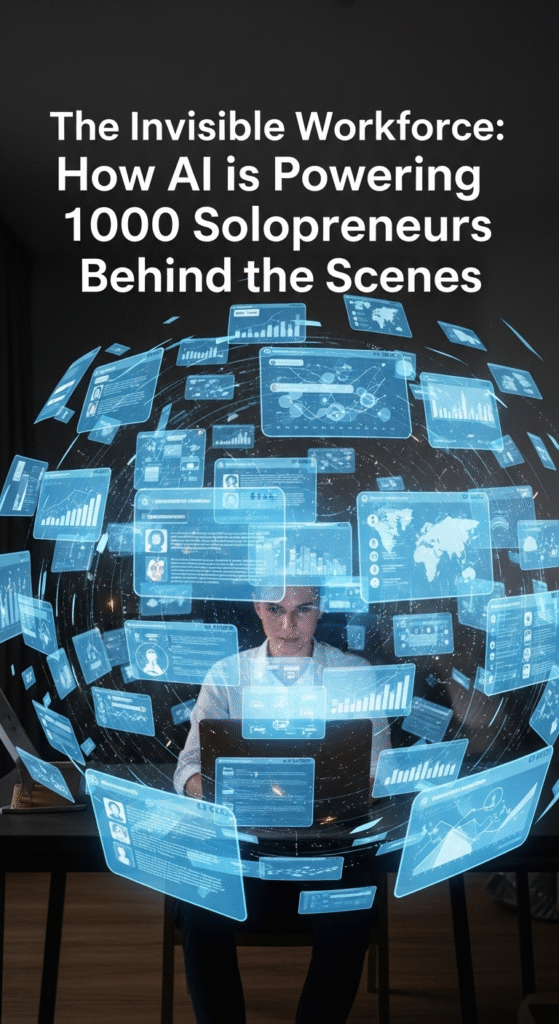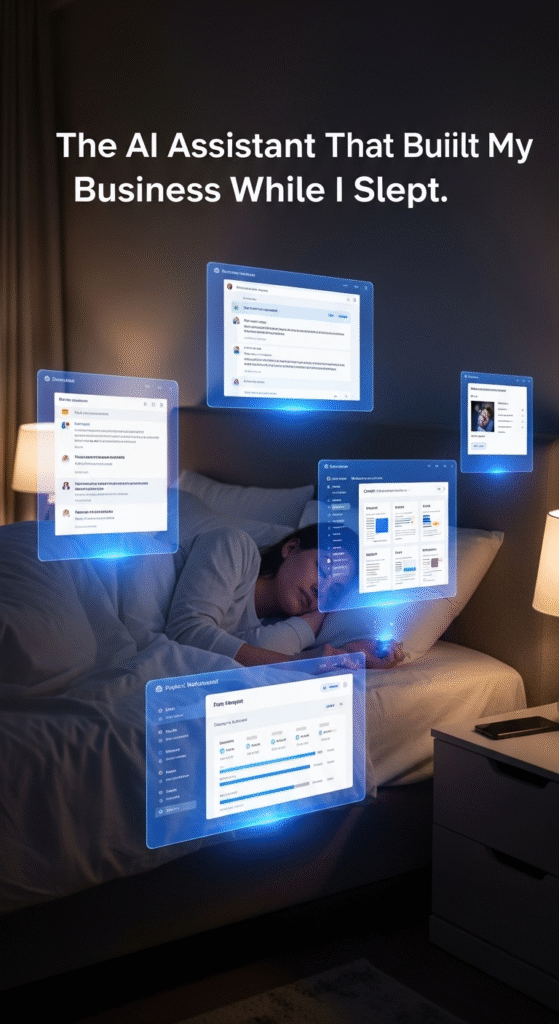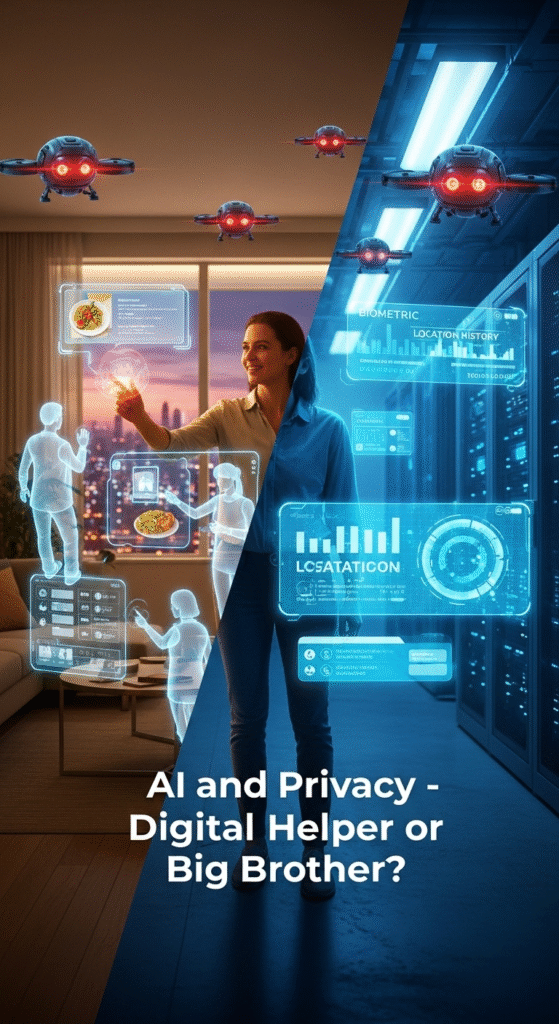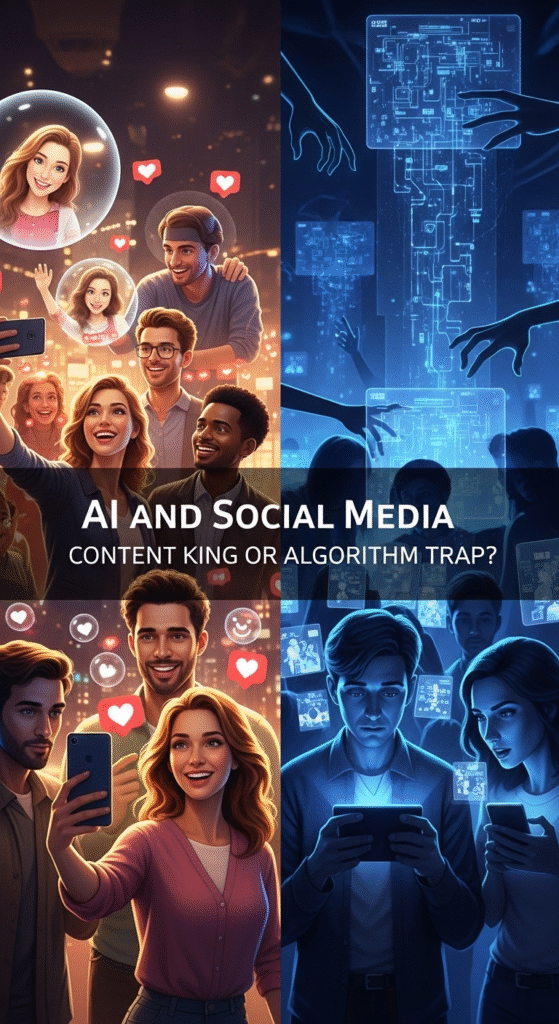Quantum computing sounds like sci-fi, but it’s real—and it’s quietly reshaping technology. How does it differ from classical computing, and why should you care? In this guide, we’ll uncover the hidden truths, explain practical differences, and show how it might affect everyday tech—all in casual, bar-chat style that’s easy to follow.
Intro
Imagine sitting at a bar with a friend who says, “Quantum computers are going to change everything.” You nod politely, but inside you think, “Yeah, right… what does that even mean?” Let’s break it down like a casual chat—no PhD required.
Section 1: Classical Computing in a Nutshell
- Uses bits: 0s and 1s to process information.
- Bar-chat analogy: “It’s like flipping light switches on or off—simple and predictable.”
- Mini story: “Every laptop or smartphone you’ve used is doing this exact thing, reliably handling tasks one step at a time.”
Section 2: Quantum Computing Basics
- Uses qubits that can be 0 and 1 at the same time (superposition).
- Can process massive amounts of data in parallel.
- Bar-chat analogy: “Imagine a bartender serving every possible drink combination at once instead of one at a time—crazy, right?”
Section 3: Practical Implications
- Speeding up complex simulations, like drug discovery or financial modeling.
- Stronger encryption and security challenges.
- Mini story: “A company testing quantum algorithms simulated chemical reactions that would have taken classical computers years in just days.”
Section 4: Risk / Failure Patterns
- Still experimental—hardware is fragile and expensive.
- Not ready to replace classical computers for everyday tasks.
- Overhyped claims can mislead investors or businesses.
Section 5: How to Stay Informed as a Non-Techie
- Follow accessible news sources and blogs.
- Watch for real-world applications rather than hype.
- Bar-chat analogy: “Think of it like keeping an eye on a new cocktail trend—know what’s actually available before ordering.”
Conclusion
Quantum computing won’t replace your laptop tomorrow, but understanding it can give you an edge in tech awareness. Treat it like a futuristic bar buddy—intriguing, a bit mysterious, but worth knowing about for the conversations ahead.









